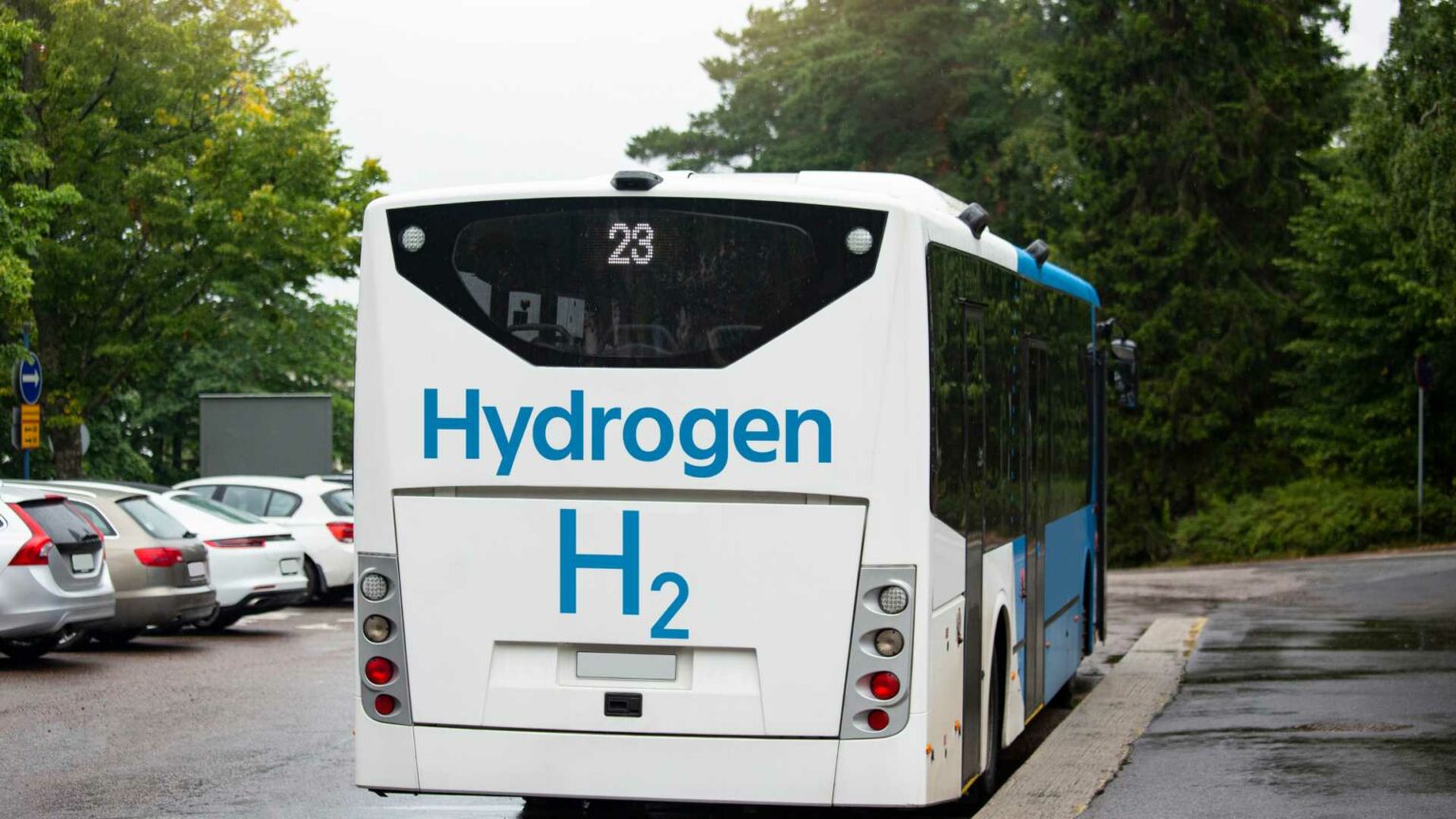A recent study published in the International Journal of Hydrogen Energy offers insights into the comparative benefits and challenges of electric and hydrogen mobility infrastructures. Titled “Comparative study of electric and hydrogen mobility infrastructures for sustainable public transport: A PyPSA optimization for a remote island context,” this research is an important contribution to ongoing efforts to decarbonize public transport systems.
Context and Relevance
Hydrogen and electric vehicles are at the forefront of sustainable transport innovations. The study by Rozzi et al. delves into the critical question of how these two technologies stack against each other in the distinctive setting of a remote island. Islands often face unique challenges such as limited space, resource logistics, and energy storage concerns, making them ideal subjects for studying the viability of new energy solutions.
Key Findings
The paper reports that both hydrogen and electric systems have significant potential but in distinct ways that are highly context-dependent. Hydrogen mobility infrastructure, which includes hydrogen production, storage, and refueling stations, and electric vehicle (EV) infrastructure, consisting of charging stations and grid improvements, were modeled and optimized using the PyPSA (Python for Power System Analysis) tool.
Key findings of the study include:
– Hydrogen transport systems are more advantageous regarding energy storage and longer ranges, making them suitable for more extended transit routes.
– Electric systems benefit from immediate energy efficiency and lower upfront costs, making them ideal for shorter, intra-island routes.
– Both systems require substantial initial infrastructure investments, but their long-term sustainability and feasibility depend on energy resource availability and specific transit needs.
Potential Applications
The study’s findings have significant implications for remote islands considering the deployment of sustainable public transport systems.
Policymakers and planners can leverage this research to:
– Develop tailored transition strategies that include hydrogen and electric mobility solutions.
– Optimize infrastructure investments by considering each energy system’s specific advantages and limitations.
– Set realistic timelines for adopting either technology based on logistical feasibility and economic considerations.
Technical Details and Methodology
The PyPSA optimization model used in the study provided a robust framework for evaluating the trade-offs between electric and hydrogen infrastructures. By simulating energy production, distribution, and consumption scenarios, the authors were able to provide detailed insights into system efficiencies and economic impacts.
The key takeaway from this study is the importance of contextual optimization in deploying sustainable public transport solutions. While hydrogen and electric systems each offer distinct advantages, their combined application guided by precise modeling tools like PyPSA can lead to more holistic, effective, and sustainable transport infrastructures. The findings set a precedent for future research and practical implementations, emphasizing the need for tailored, context-specific energy solutions for sustainable development.





